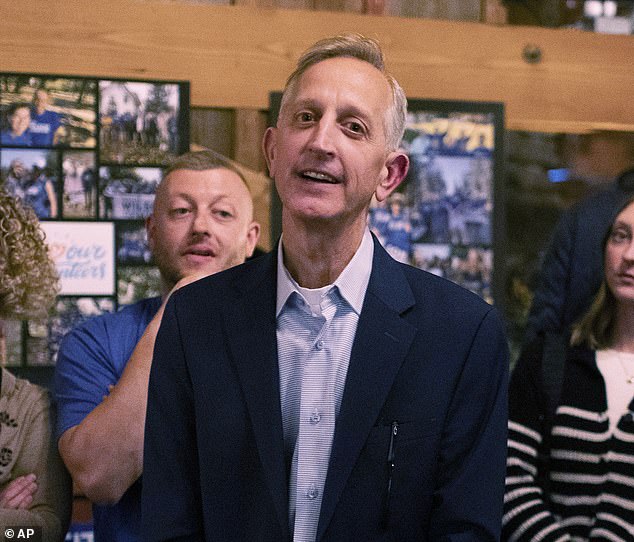Instead of relying solely on city programs or federal intervention, Portland’s Mayor Keith Wilson has turned directly to the people.
In a mass email that reached more than 17,000 residents, he asked locals to donate their time, money, and even household items to help tackle the city’s deepening homelessness crisis.
His message was clear: Portlanders themselves must play a role in shaping the city’s future, especially with the threat of federal crackdowns looming.
A Call to Action in Residents’ Inboxes
The email had an unusually personal tone.
Wilson urged people to step in with whatever they could offer—whether that meant an hour of volunteer work, a bag of snacks, or extra blankets, tables, and chairs gathering dust at home.
He painted the effort not just as charity but as a defense of Portland’s values.
“Recent events in Washington, D.C. show us what will happen if we don’t act with speed and compassion,” the mayor warned, pointing to mass arrests and bulldozers used under the Trump administration.
A Political Clash Behind the Scenes
The White House quickly responded to Wilson’s plea, but with praise for the very federal tactics he was criticizing.
Spokeswoman Abigail Jackson argued that President Trump’s actions in Washington had made the capital safer and should serve as a model for cities across the country.
Not everyone in Oregon was impressed by Wilson’s move either.
The state’s Lane County Republicans blasted the email, saying it reflected “very poor leadership” and accusing the mayor of being out of touch with residents.
Portland Residents Step Up
Despite the political jabs, the appeal resonated with many Portlanders.
Bryan Aptekar, a senior manager in the city’s homeless response team, said his office was flooded with calls and emails within an hour of the message going out.
“We wanted to provide a bridge between people who want to help and the services that need support. It’s exciting,” he shared.
Deputy Chief of Staff Taylor Zajonc clarified that the city itself wasn’t taking donations directly but was acting as a connector, linking residents with nonprofit groups already working on the ground.
A Different Vision from Washington
Wilson’s office emphasized that his approach is deliberately different from President Trump’s.
Rather than sending in troops or clearing camps with force, the mayor wants Portland to rally its own resources and demonstrate that compassion-driven solutions can work.
Meanwhile, Trump has doubled down on his stance.
He sent the National Guard into Washington, D.C., vowing to “rescue the capital from crime, bloodshed, bedlam and squalor.”
He has also signaled plans to target cities like Chicago, New York, and potentially Portland with similar crackdowns.
The Bigger Problem Portland Faces
Portland’s downtown has been on a downward spiral for years.
Tent cities, open drug use, and rising crime have reshaped the city’s image.
The state’s experiment with drug decriminalization—meant to reduce arrests and focus on treatment—ended up fueling an overdose crisis.
Possession of heroin, fentanyl, and meth was downgraded to little more than a ticket, and open-air drug markets took root.
By 2023, Oregon recorded more than 20,000 homeless individuals, most of them unsheltered, as overdose deaths soared.
Lawmakers have since reversed course by recriminalizing hard drugs, but the damage to downtown Portland lingers.
A City at a Crossroads
The homelessness crisis is now affecting every corner of civic life.
Just this week, Meals on Wheels announced it would stop operating in the city, citing concerns for staff safety.
It’s the latest sign that organizations are struggling to function in an environment where public spaces are no longer predictable or secure.
For Mayor Wilson, the path forward seems to hinge on the community’s willingness to rally together.
Whether that can outweigh political opposition—or prevent federal intervention—remains to be seen.
